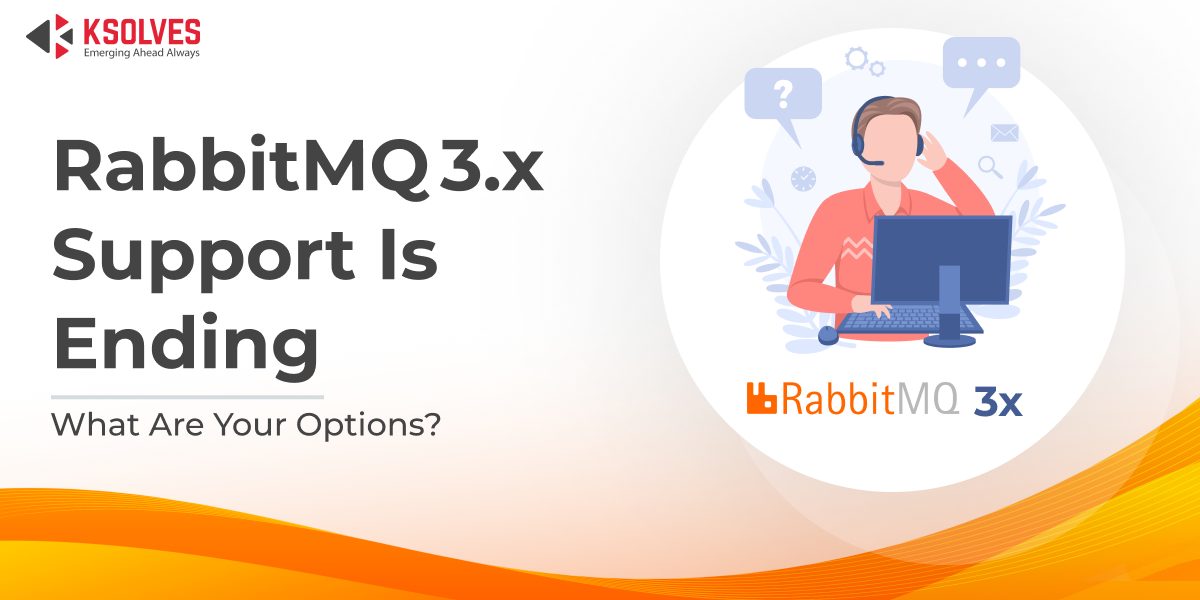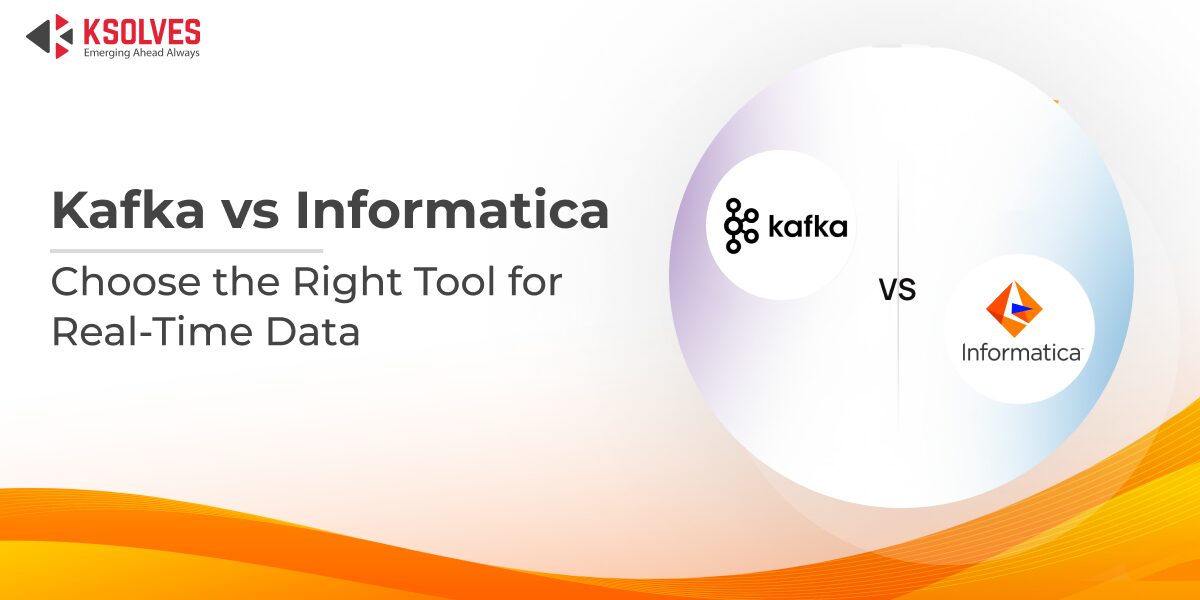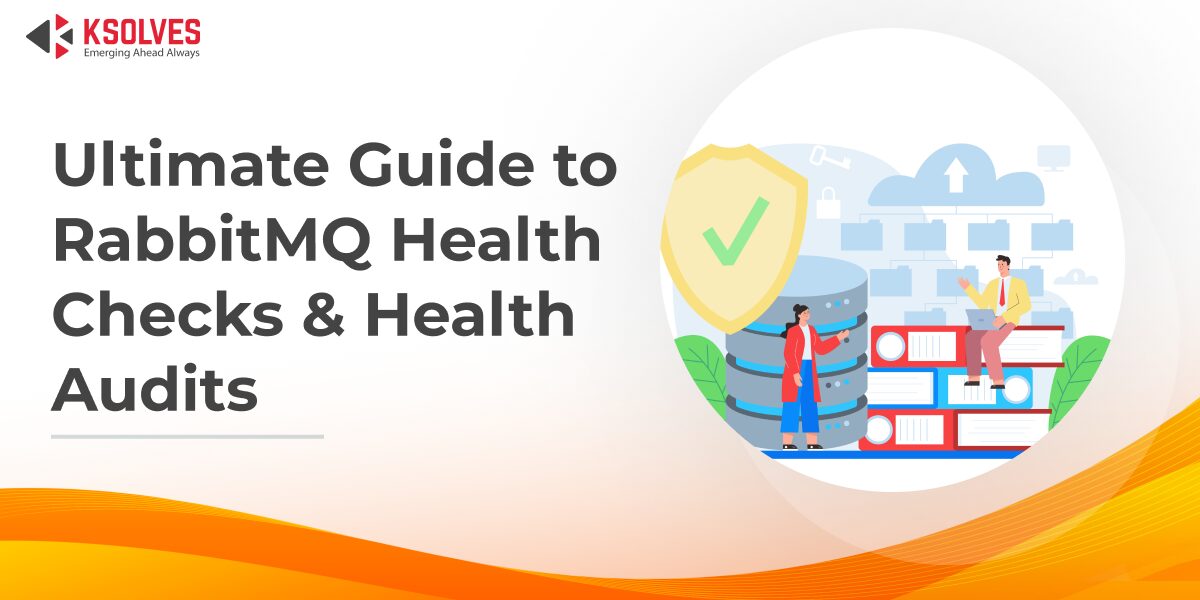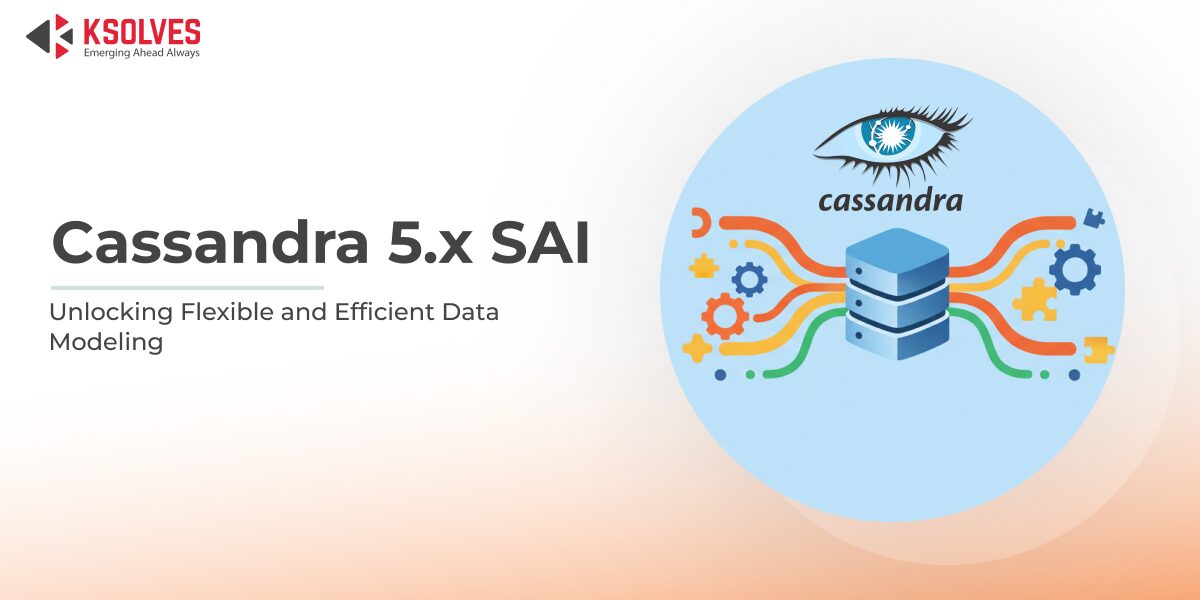RabbitMQ 3.x End-of-Life: Upgrade to 4.x for Better Performance & Security
Big Data
5 MIN READ
August 12, 2025
![]()

Community support for RabbitMQ 3.x and earlier versions is officially coming to an end on 31st July 2025. VMware/Broadcom has announced that only RabbitMQ 4.0 and beyond will receive active maintenance, security updates, and official backing. This shift leaves thousands of businesses running legacy RabbitMQ in a tough spot: upgrade immediately, or face the unknown.
In this blog, we’ll walk you through the implications of RabbitMQ 3.x EOL, the options you have, and how to make a safe transition, whether you’re planning to upgrade, seeking temporary support, or evaluating third-party services.
Why Is RabbitMQ 3.x Being Phased Out?
Version 3.x had an incredible run, powering enterprise messaging for over a decade. However, as technology and application demands evolved, the older architecture began showing limitations. With the release of RabbitMQ 4.x and the latest 4.1 version, the RabbitMQ core team has officially discontinued community support for version 3.x. That means:
- No more security updates
- No bug fixes
- No new features
- No plugin enhancements for the 3.x line
If you continue running RabbitMQ 3.x, you’ll be using unsupported software, potentially vulnerable to unpatched exploits or incompatibilities with newer libraries and tools.
What Risks Are You Facing by Staying on RabbitMQ 3.x?
RabbitMQ, maintained by the RabbitMQ core team (now under VMware/Broadcom), follows a Sticking with 3.x might seem convenient in the short term, but here are the real-world implications:
| Risks of Staying with RabbitMQ 3.x | |
| Risk | Impact |
| Security vulnerabilities | Exposure to attacks, especially in public-facing or multi-tenant environments |
| Plugin failures | Incompatibilities with new versions of RabbitMQ plugins or Erlang |
| No upstream support | Even critical bugs won’t be addressed |
| Compliance challenges | Especially in regulated industries like finance, healthcare, or telecom |
| Diminishing ecosystem support | Modern tools and libraries might not work as expected |
The longer you remain on RabbitMQ 3.x, the higher the operational and security risk.
What Are Your Options Now?
Depending on your infrastructure, compliance requirements, and resources, you have three main options:
- Upgrade to RabbitMQ 4.x (Recommended)
Why? RabbitMQ 4.x offers significant architectural and performance improvements along with active support.
Key benefits:
- Enhanced clustering and queue types (e.g., quorum queues, streams)
- Better throughput and fault tolerance
- More visibility and control via Prometheus-compatible metrics
- Ongoing bug fixes and improvements
Migration tips:
- Review official upgrade documentation and plan a staged rollout
- Use blue/green deployment or a canary strategy to avoid downtime
- Remove or replace classic mirrored queues before upgrading
- Test plugin compatibility and check Erlang/OTP versions
Note: RabbitMQ 4.x requires newer Erlang versions. Check compatibility carefully before upgrading. If you need help with RabbitMQ 4.x upgrade, then Ksolves experts can assist you.
- Maintain RabbitMQ 3.x with Expert Support
If you’re not ready to migrate yet due to tight deadlines, complex integrations, or strict audit cycles, you can extend the life of RabbitMQ 3.x with specialized help.
You have two sub-options here:
- Third-party RabbitMQ support providers
Companies like Ksolves offer professional support for legacy RabbitMQ versions. They provide security patches, configuration tuning, monitoring setup, and even SLA-based production support.
- Internal support + consulting
If your team is experienced with RabbitMQ, you can maintain 3.x internally while using consulting firms for audits, best practices, and fallback support. This gives you time to plan your migration without putting your system at immediate risk.
- Continue Without Support (Not Advised)
Some businesses may choose to run RabbitMQ 3.x in dev/test environments or low-risk production areas without active support. You should only consider this if:
- Your usage is non-critical or sandboxed
- You’re not subject to industry compliance
- You accept the risks of downtime or breaches
This is a temporary option at best and not viable for mission-critical systems.
Common Migration Challenges
Migrating from 3.x to 4.x is not a plug-and-play process. Some common challenges include:
- Breaking changes in queue types: Classic mirrored queues are deprecated. You’ll need to move to quorum or stream queues.
- Plugin compatibility: Not all 3.x plugins work with 4.x. Always validate before migrating.
- Monitoring changes: Newer metrics and logging APIs require updated observability tools.
- Erlang/OTP dependency: RabbitMQ 4.x mandates newer Erlang versions—often requiring a double-upgrade.
Plan your upgrade with proper testing, staging environments, and rollback plans.
Comparison Between RabbitMQ 3.x and RabbitMQ 4.x
| Feature / Aspect | RabbitMQ 3.x | RabbitMQ 4.x |
| Scalability | Limited clustering and scalability options | Advanced clustering with automatic partition healing and dynamic scaling for large deployments |
| Performance | Good for moderate workloads | Optimized for high throughput and lower latency, better suited for heavy real-time use cases |
| Management & Monitoring | Basic management UI with limited analytics | Revamped UI with real-time monitoring, detailed analytics, and better user experience |
| Protocol Support | Supports AMQP 0-9-1, MQTT, STOMP | Expanded to include AMQP 1.0, HTTP/2, and improved MQTT support for modern applications |
| Security | TLS and basic authentication | Enhanced security with native OAuth2 support and fine-grained role-based access control (RBAC) |
| Migration & Upgrade | No built-in migration tools | Seamless migration tools that minimize downtime and operational risk |
| Extensibility | Plugin system with limited flexibility | More flexible and secure plugin system with sandboxing and richer APIs |
| High Availability (HA) | Manual mirrored queues setup | Automated failover and stronger HA guarantees reduce downtime risk |
| Operational Tools | CLI and REST API | Enhanced tooling, including GraphQL support for improved integrations |
| Ecosystem Compatibility | Compatible with existing clients & tools | Maintains backward compatibility, plus introduces new integrations and extensions |
| Community & Support | Mature open-source community | Growing ecosystem with expanded official commercial support and enterprise features |
Ksolves Offers RabbitMQ Support — For All Versions
From performance tuning and troubleshooting to compliance support and upgrade planning, Ksolves provides end-to-end RabbitMQ support services, no matter which version you’re using. We understand the complexity of legacy systems and are committed to helping teams maintain uptime, security, and stability throughout the transition process.
At Ksolves, we understand the critical role RabbitMQ plays in your messaging and data infrastructure. Whether you’re running legacy RabbitMQ 3.x environments or planning a full upgrade to 4.x, our team offers:
RabbitMQ Support Services:
- End-to-end RabbitMQ installation, tuning & scaling
- Health checks, performance audits, and security patching
- High-availability (HA) cluster setup & monitoring
- Plugin integration and version compatibility assurance
- Custom dashboard setup using Prometheus + Grafana
Backed by years of experience in distributed systems and enterprise messaging, Ksolves ensures your RabbitMQ infrastructure is secure, high-performing, and ready for the future.
Reach out to our RabbitMQ experts at sales@ksolves.com to explore our support packages
Key Takeaways
- RabbitMQ 3.x reached End-of-Life on July 31, 2025; it no longer receives security patches, bug fixes, or support from the core team.
- Continuing on 3.x after EOL increases exposure to security vulnerabilities, compliance failures, and plugin incompatibilities.
- Upgrading to RabbitMQ 4.x is strongly recommended, offering improved performance, scalability, security, and active vendor support.
- Migrations require careful planning, considering queue type changes, plugin compatibility, Erlang/OTP version upgrades, and deployment strategies.
- If migration isn’t immediately possible, specialized support from Ksolves can keep 3.x secure and reliable while you transition.
- Unsupported production setups are high-risk, especially in regulated or customer-facing environments.
Wrapping up
The end of RabbitMQ 3.x support is a significant shift, but also a great opportunity to modernize. Whether you choose to upgrade immediately or maintain legacy versions for now, the key is to act deliberately and avoid being caught off guard.
Evaluate your current usage, understand the risks, and make a roadmap. With the right partner, you can ensure RabbitMQ continues powering your systems reliably and securely.
At Ksolves, we believe no version should be left behind. Whether you’re still on RabbitMQ 3.x or another legacy build, we provide the same level of robust, proactive support that you’d expect from any enterprise-grade service. Because smart upgrades take time, and your systems deserve stability in the meantime.
![]()








AUTHOR
Big Data
Anil Kushwaha, Technology Head at Ksolves, is an expert in Big Data. With over 11 years at Ksolves, he has been pivotal in driving innovative, high-volume data solutions with technologies like Nifi, Cassandra, Spark, Hadoop, etc. Passionate about advancing tech, he ensures smooth data warehousing for client success through tailored, cutting-edge strategies.
Share with